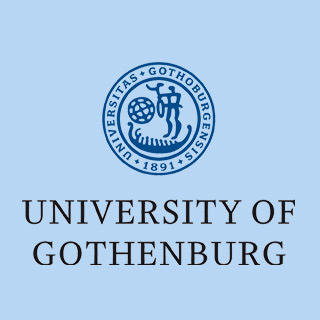
The study apparently demonstrated that the raised threat of ovarian cancer could be associated with a known mutation in women with breast cancer in Western Sweden. The study team had formerly detected a special mutation in the breast cancer gene BRCA1 deriving from some distant forefather on Sweden’s West Coast several generations ago. The mutation is believed to be frequently observed in families where three or more members contract breast and/or ovarian cancer and someone under 50 is said to be detected with breast and/or ovarian cancer.
“Our previous research showed that Western Swedish women with breast cancer are more likely to develop ovarian cancer than women diagnosed with breast cancer in other parts of the country,” commented, Per Karlsson, associate professor from the Department of Oncology and leader of the study team at the Cancer Genetics Clinic at Sahlgrenska University Hospital.
Majority of the ovarian tumors are claimed to be benign, particularly in younger women. But it is seen that over 700 women in Sweden are believed to be detected with ovarian cancer every year, around 30-40 of them due to the Western Swedish BRCA1 mutation. The experts have now demonstrated that the augmented danger of ovarian cancer among women detected with breast cancer is completely owing to this known mutation in the breast cancer gene BRCA1. Their study outcomes disclose that women detected with breast cancer who do not have this mutation do not encompass an augmented risk of ovarian cancer.
Since this high threat of ovarian cancer may affect an exceedingly minute proportion of women with breast cancer, the subsequent step is to offer patients with clearer information about the threats linked to breast cancer while visiting the doctor.
The expert mentioned there is a study underway in the cancer genetics field which may mean that, in future, patients can receive more specific screening, and that cancer patients can expect a more personalised treatment. Karlsson is of the opinion that this work could result in lesser screenings and fewer side-effects from cancer treatments.
The study was published in the journal Acta Oncologica.
